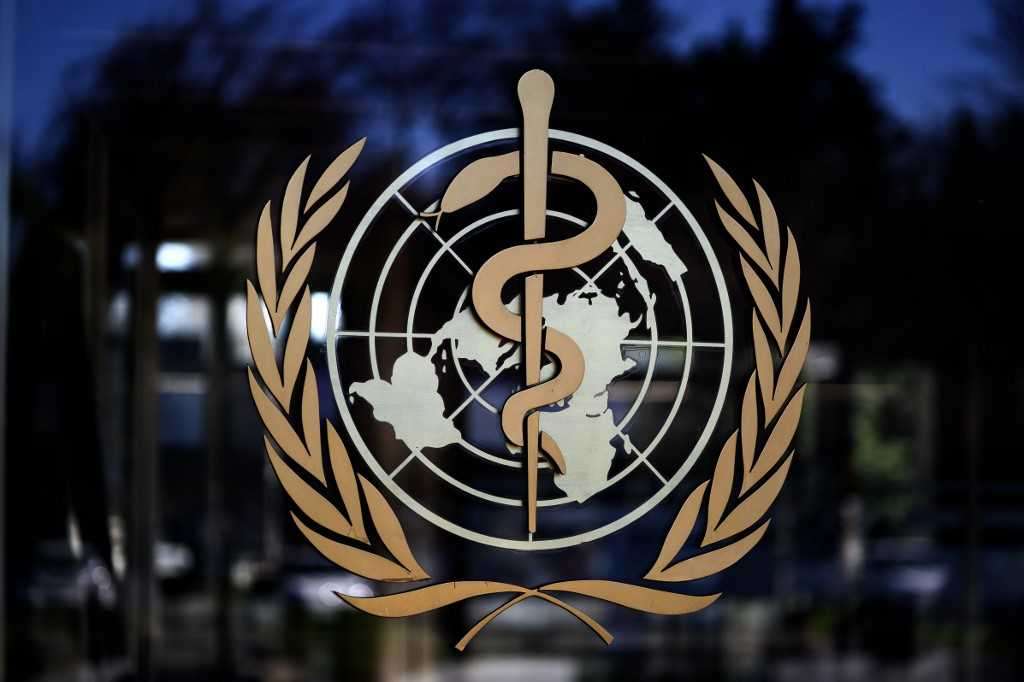Switzerland expanded its list of countries seen as having a heightened risk of coronavirus transmission, the government said on Thursday.
The people arriving from the listed countries must enter a 10-day quarantine to all outside Europe’s passport-free Schengen zone. The list barring a score of exceptions, including Australia, Ireland, Japan, Canada, South Korea, and New Zealand.
The move, which aims to stem the spread of the coronavirus, takes effect on Saturday.
On Wednesday, Switzerland added mainland Spain to the list. Travelers returning to Switzerland are required to quarantine themselves.
It is worth mentioning that the novel coronavirus was first reported in Wuhan, China. It has infected more than one million people and continues to spread across the world. Over 18 million confirmed cases in 188 countries. Nearly 700,000 people have lost their lives.
Cases of the disease are continuing to surge in many countries, while others that had apparent success in suppressing initial outbreaks are now seeing infections rise again.
The World Health Organization’s (WHO) special envoy David Nabarro told BBC that the virus is capable of “surging back really quickly” and is “returning all the time”.
The virus is a new member of the Coronaviruses group, which was never identified in humans. The viruses’ family also includes Middle East Respiratory Syndrome (MERS-CoV) and Severe Acute Respiratory Syndrome (SARS-CoV), which cause illness ranging from the common cold to more severe diseases.
Coronaviruses are zoonotic, meaning they are transmitted between animals and people. Humans and animals such as mammals and birds can be affected by the disease.
The name coronavirus is derived from the Latin corona, meaning “crown” or “halo”.
On February 11, WHO announced the official name for the disease caused by the new coronavirus is Covid-19, taken from the words “corona”, “virus”, and “disease”.

In December 2019, an outbreak was reported in Wuhan, China. On 31 December 2019, the outbreak was traced to a novel strain of coronavirus, which was given the interim name 2019-nCoV by the World Health Organization (WHO), it was later renamed SARS-CoV-2 by the International Committee on Taxonomy of Viruses.
On March 11, the WHO declared coronavirus a global pandemic as the novel virus has rapidly spread to more than 800,000 people from Asia to the Middle East, Europe, and the United States.
Transmission of viruses between humans happens when someone comes into contact with an infected person’s secretions, such as droplets in a cough.
Coronavirus can also be transmitted by coming into contact with something an infected person has touched and then touching your mouth, nose, or eyes.
It is known that older people appear to be more vulnerable to the effects of the emerging virus.
The virus caused complete paralysis in all activities and events with large gatherings worldwide due to concerns over the spread of the virus.
People across the globe partake in self-isolation for 14 days as an effective precautionary measure to protect those around them and themselves from contracting COVID-19.












